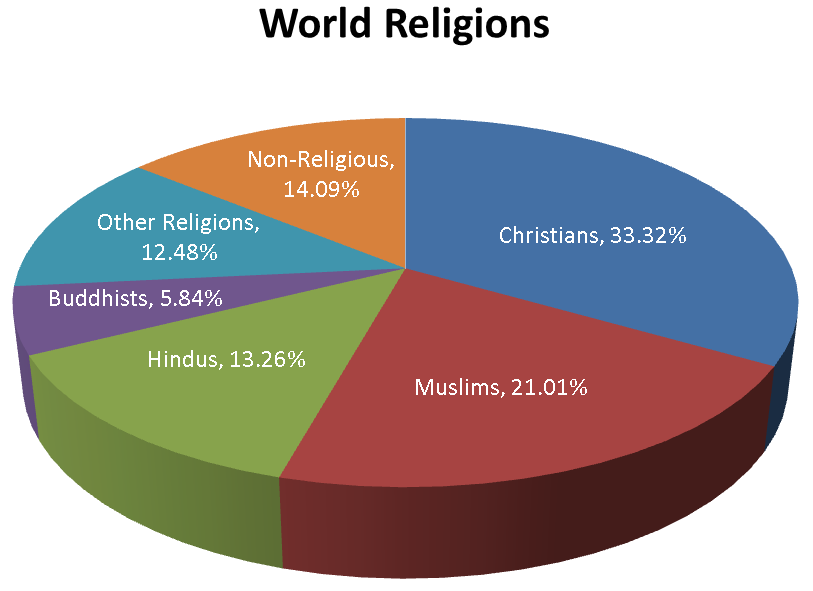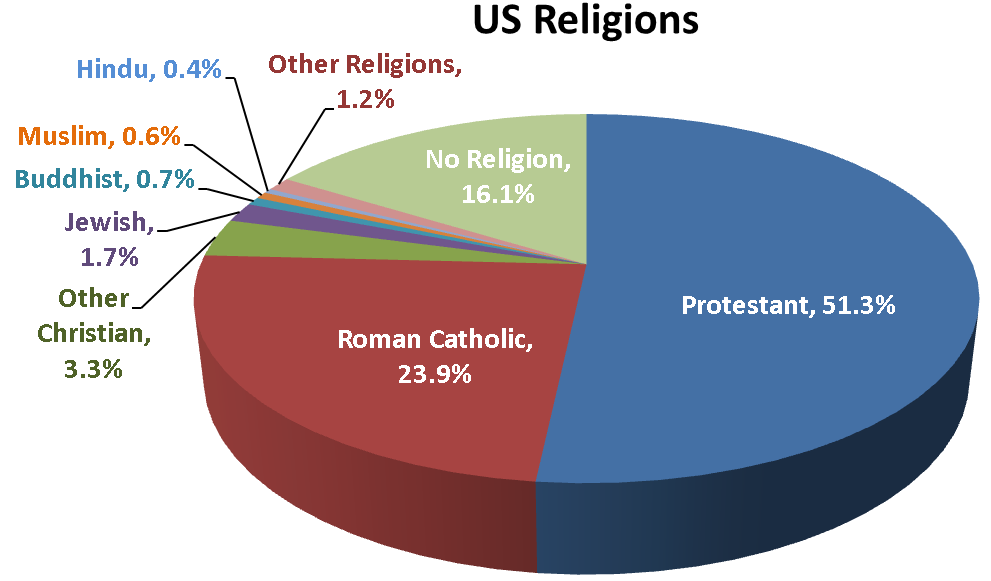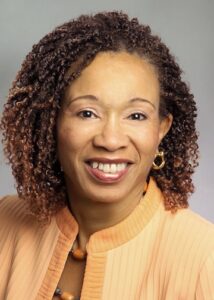By Mary-Frances Winters

Religious Diversity, a topic that many organizations shy away from putting on the diversity agenda will gain more significance.
While Religious diversity is not new and organizations are required to comply with laws to make religious accommodations, in 2012, religious minorities became more visible and vocal in the US, where historically the symbols and values of the Protestant faith have predominated. In October Pew Research reported that Protestants are on the decline, scarcely holding the majority. Consider these “firsts”:
- The first Hindu, Tulsi Gabbard of Hawaii, was elected to the House of Representatives. She will take the oath of office by placing her hand on the Bhagavad Gita.
- The woman Gabbard replaces in Congress, Mazie Hirono, will be sworn in as the first Buddhist elected to the U.S. Senate.
- None of the presidential or vice presidential candidates of either major party was a white Protestant.
- The current U.S. Supreme Court is made up of six Catholic and three Jewish justices, no Protestants.
Related to other than Christian religions, Pew Research predicts that the number of Muslims will more than double over the next two decades, rising from 2.6 million in 2010 to 6.2 million in 2030. Muslims comprise over 20 percent of the world’s religious population. There is an increase in Latino Muslims in the US. There are no definitive statistics on the number of Latino Muslims in the United States, but estimates range from 100,000 to 200,000, according to the Latino Muslim Association of America (LALMA).

Implications for D&I Practitioners:
Just like any other type of diversity, religious diversity brings new ideas and ways of thinking that aid innovation and progress. On the other hand, increased religious diversity can also bring increased intolerance and discrimination.
Previously held beliefs that may not have explicitly been linked to the “Protestant” ethic may be questioned by those who had different interpretations of good and bad, right and wrong.
Diversity practitioners need to stay alert to the how these shifts impact their inclusion efforts. Organizations that have chosen not to embrace religion as one of their key diversity foci may want to start to explore the implications of not including it.
In a D&I climate where we advocate that employees bring their “whole” selves to work religion is often an integral part of one’s identity. We have to think more carefully about how we will inclusively address religion.

Dr. Mary-Frances Winters
Dr. Mary-Frances Winters is a leading diversity and inclusion practitioner and thought leader. She is the founder and CEO of The Winters Group, Inc., a 28 year old diversity and inclusion firm specializing in D&I assessment, education and strategic planning. Dr. Winters is the author of three books: Only Wet Babies Like Change: Workplace Wisdom for Baby Boomers; Inclusion Starts with I and CEOs Who Get It.






